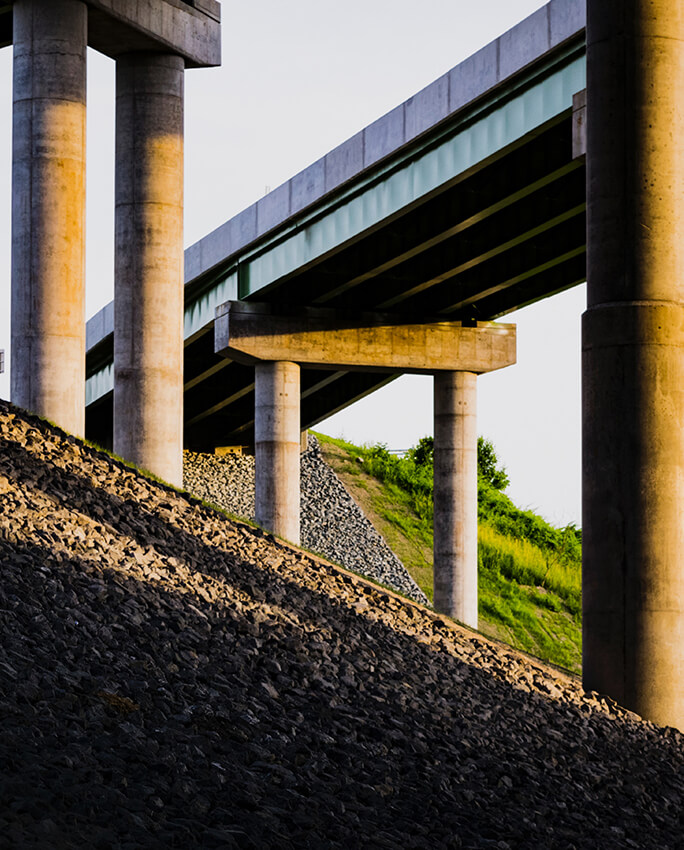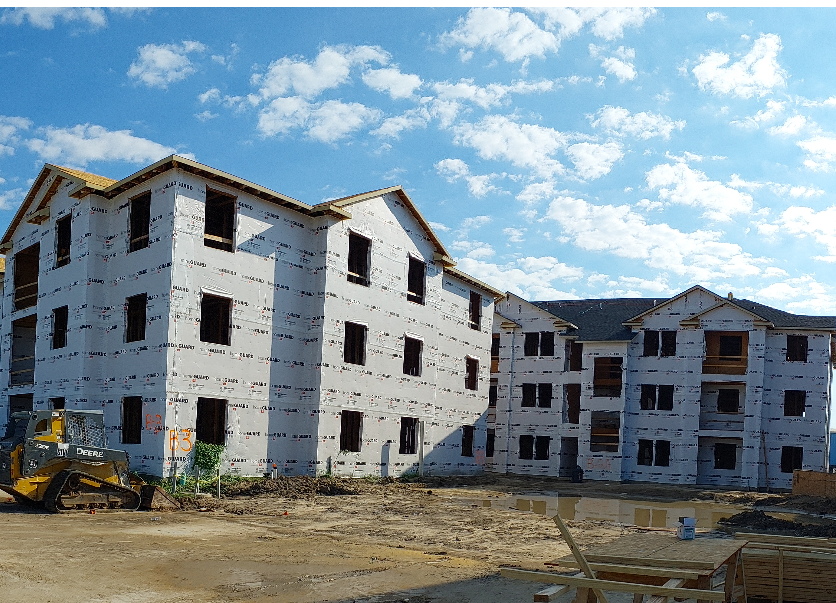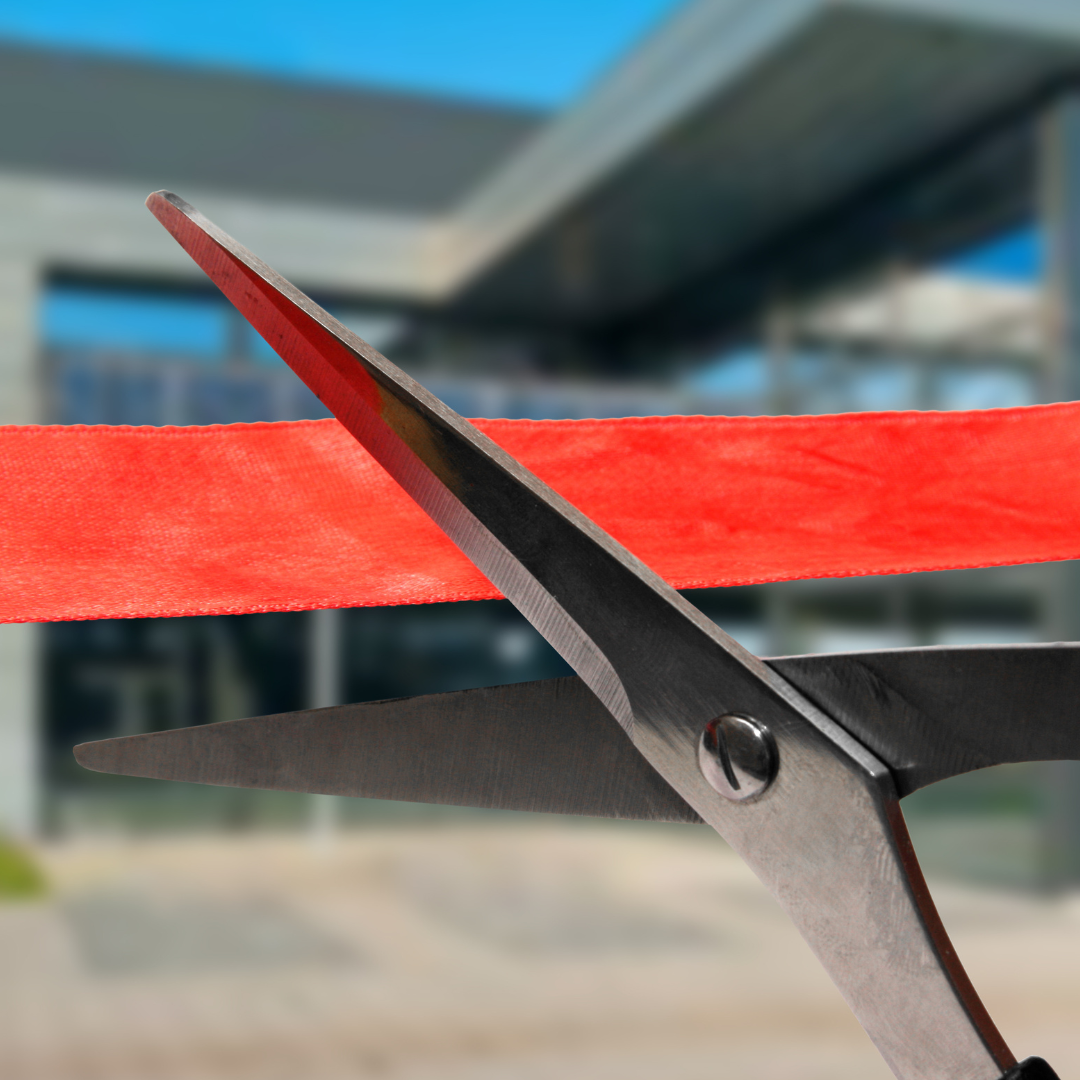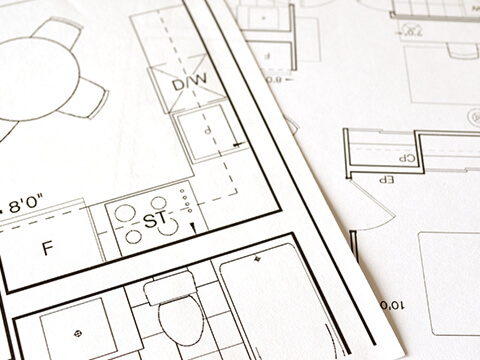 Commercial contractors who regularly work on infrastructure should consider themselves in a better position than those focused on other projects. Bridges, tunnels, roads and other public projects typically move forward regardless of economic conditions and can be a steady source of income and employment for engineers, developers and others working in the construction industry.
Commercial contractors who regularly work on infrastructure should consider themselves in a better position than those focused on other projects. Bridges, tunnels, roads and other public projects typically move forward regardless of economic conditions and can be a steady source of income and employment for engineers, developers and others working in the construction industry.
Infrastructure projects are less affected by the ups and downs of the economy and are more insulated to the affects of COVID-19. Even while this space has been more stable this year, potential federal stimulus could continue to provide steady revenues for general contractors. However, for those companies that are less familiar with public projects, there are some important considerations.
Project Funding
Infrastructure projects are funded differently than other types of construction projects so it’s important for contractors to identify the source before bidding on them. For tax obligation or general revenue projects, oftentimes the funding is set aside ahead of time. But if not, the contractor could be on the hook if something happens. Other public projects like toll roads or port authorities, are funded by revenues which have experienced significant reductions recently due to the pandemic.
Unique Concerns
While all construction companies have experienced some level of supply constraints, with infrastructure projects the level of quality needs to be consistent. General contractors need to pay extra close attention to suppliers and evaluate alternate material suppliers before the project begins. The key is to have a local (when possible) and diversified base of suppliers to ensure a smooth project delivery. In addition to materials, companies need to have a plentiful access to workers and laborers. With COVID-19 there were some businesses that had to lay off workers along with new safety, sanitation and distancing requirements. While uncertain, general contractors should plan ahead for any contingencies in case the pandemic returns.
Strong Relationships
General contractors usually have strong relationships with reliable contractors, workers, engineers and architects, but they need to expand their bonds for infrastructure projects. Outside the normal sphere, general contractors should look to expand relationships with inspectors, as well as local and state agency officials. These individuals can help better assess a project, provide insights into cost structures and other valuable insights to avoid potential pitfalls. Local officials should be viewed as part of the team and integral to the decision making process, rather than a necessary “evil”. These relationships should be developed as early as possible so that they are in place before they are needed as a resource. While not always accounted for, contractors should plan for around 2 – 3% of project budgets for inspection adjustments and quality control.
Alternative Deliveries
Infrastructure projects have been slow to change from their low bid structure, but general contractors are applying some of the implemented practices in the commercial space to the public sector. Construction companies are using design-build and other delivery methods to provide innovative techniques and cost saving measures to these projects. Owners are now evaluating projects with an eye on obtaining the best value, rather than the cheapest cost. During the scope, schedule and budget process, public owners are working more closely with contractors to ensure successful project completion.
Commercial general contractors who are interested in stabilizing and diversifying their revenue streams are wise to consider infrastructure projects. By evaluating the funding sources, planning for contingencies, developing relationships with local officials and using alternate deliveries, contractors can even expand their operations no matter what the economic conditions are. If another pandemic or other disaster occurs, general contractors can adapt and overcome to be stronger and more viable in the future.






